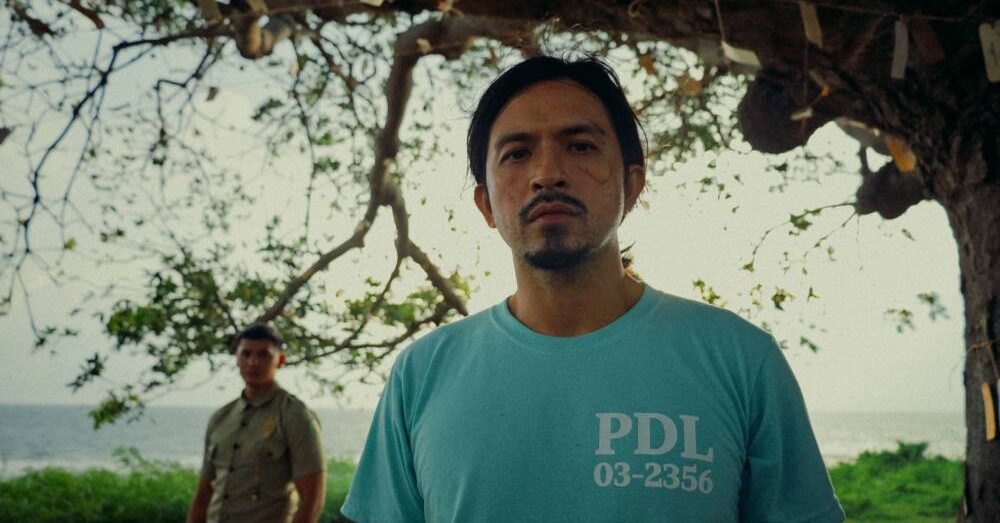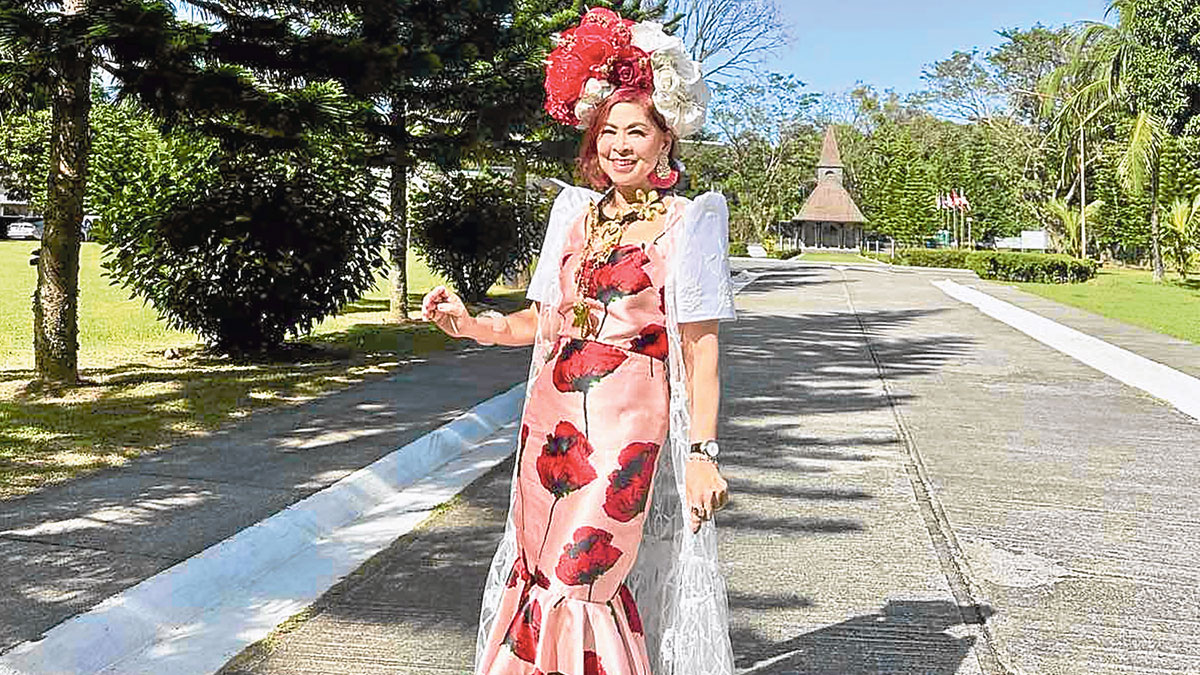People are very much shaped by their environment. As we often say, “The apple does not fall far from the tree,” or in Filipino, “Kung ano ang puno siya ang bunga.” This is why greater, more conscious, and more focused care must be given to how we build our communities.
The primary community is the family, followed by our faith community, and our schools. There are other communities, (geographic, professional, political, socio-civic) but let us focus on the three that influence the formation of a person.
Chris Lowney makes a clear and succinct conclusion in his book, “Heroic Leadership,” that the remarkable achievements of the Jesuits through its over 450-year history were due to the environment in which they were formed—one of care and respect, of greater love than fear, and an environment that provides its members opportunities to achieve excellence, or “their full human potential.”
These are the qualities of communities we need to build in our families, churches and schools. Through several youth surveys I have seen since the 1990s, it is clear these communities are in crisis.
We, as a church, are losing more and more of our young members who drop out of the main engagement experience, Sunday Mass, for reasons I am sure we are aware of. They become nonpracticing or they join other churches where they find a sense of community.
Challenge
The family is challenged by many realities. For example, the overseas Filipino worker phenomenon has resulted in millions of families that end up as single-parent or no-parent families. The same is true for non-OFW families where both parents are working.
This absence of adult influence is compounded by how the internet provides young people access to unlimited information (hardly curated for veracity), not to mention other moral considerations. It is a complex and confusing world for young people and for families.
Technology, while good in its proper use, also batters the family; connectivity actually disconnects. Picture a common scene we witness where a family eats out, but no conversation goes on as everyone is on his/her phone doing his/her own thing.
Schools, based on the surveys, are probably the strongest among the three. Young people look forward to going to school in order to be with their friends and peers. However, much work is needed on improving the learning and formation experiences.
Fair warning
“I am the true vine. Remain in me, as I remain in you. Just as a branch cannot bear fruit on its own unless it remains on the vine, so neither can you unless you remain in me. I am the vine, you are the branches.” (cf. John 15: 1-8)
The Gospel is both an exhortation and a warning. It appeals to us to renew these communities where we can love each other into excellence. With the basic building block of care and respect for each other, these communities can create an atmosphere of greater love than fear, support each member’s aspiration and inspire each to spread his/her wings and go beyond his/her comfort zone.
It is this encouragement of love that gives us the courage to risk, which are the opportunities that will help us to develop our full human potential.
The Gospel is also fair warning. It reminds us of how important it is to be “rooted and grounded in love… and to know the love of Christ.” (Ephesians 3: 17, 19). While it is our personal choice to develop this personal relationship with Christ, the communities where we grew up and live in are important in nurturing this relationship with Christ.
It is a timely reminder in the growing disregard for a sense of accountability. Simple proof is the blame game and/or the penchant to hide behind anonymity. When something goes wrong, we blame almost everybody except ourselves, and this comes in many subtle forms.
Taking responsibility
If we are to arrest and reverse all these, we must go back to taking responsibility for the change our world needs. In the words of Mahatma Gandhi, “Be the change you want to see in the world.”
Yes, the world is a mess, but we can change this world. Begin with ourselves and in our spheres of influence, the communities we belong to and the communities missioned to nurture and form our young—our families, our churches, and our schools.
We must work for this change now. As we embark on this, we do so with faith in the Lord’s words: “Remain in me, as I remain in you. Just as a branch cannot bear fruit on its own unless it remains on the vine, so neither can you unless you remain in me.”
“Rooted and grounded in love” and remaining in Christ, we go out to the world to bear fruit, making it a world where there is care and respect, greater love than fear, and opportunities where all have a fair chance to make use of opportunities to excel, to achieve his/her full human potential.
Excellence, our full human potential, is to become loving persons like Christ. “Kung ano ang puno, siya ang bunga.”–CONTRIBUTED













































